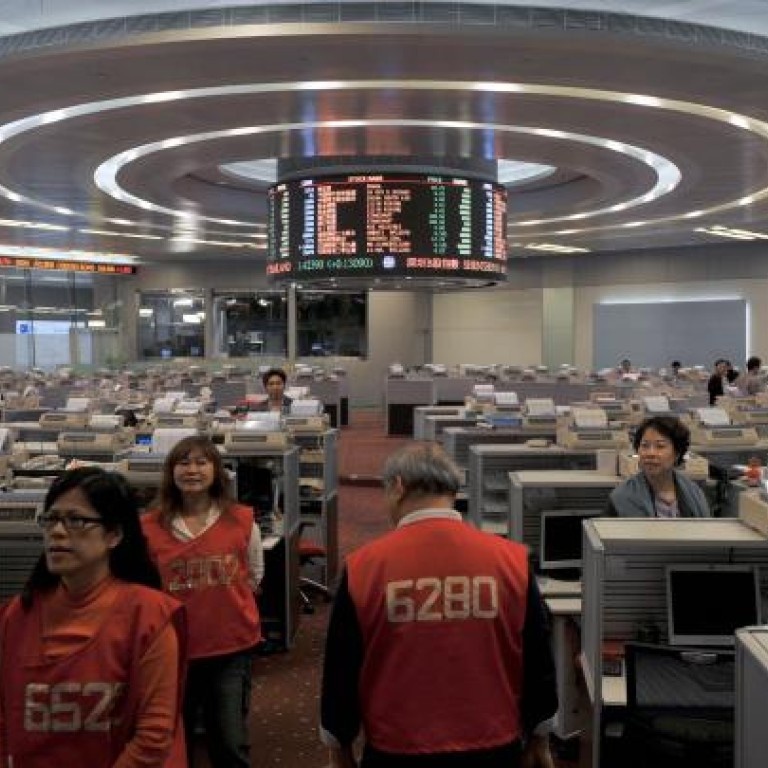
Investors wary of new QDII prospects
Twice-shy marketgives subdued reaction to central bank's test scheme to let individual mainlanders invest in offshore markets
Beijing's plans to let individual mainlanders invest in Hong Kong stocks has been greeted with muted enthusiasm, with experts warning investors not to get their hopes up.
The qualified domestic individual investors (QDII2) scheme will have limited impact on the Hong Kong market since it might take years to realise, and the wealthy individuals that the bourse is hoping to attract are already in the market, they say.
Wealthy mainland investors already had ways to invest across the border, either through fund products under the existing QDII quota or "grey" channels, said Howard Wang, head of Greater China at JP Morgan Asset Management.
The People's Bank of China said this month that Beijing was considering a trial scheme to let citizens take positions in overseas capital markets to boost outbound investment.
China Citic Bank International economist Liao Qun said the scheme would most likely be tested in Shanghai, Beijing and Tianjin, where high-net-worth individuals were clustered and financial institutions headquartered. Liao said the initial quota could be around 50 billion yuan (HK$61.71 billion) and might require people to have more than 500,000 yuan to invest overseas.
Individual mainlanders now can invest only through the qualified domestic institutional investors scheme (QDII). As of the end of last year, Beijing granted a total QDII quota of US$85.58 billion to 107 institutions. This year, some new products such as stock options, warrants and more exchange-traded funds that track Hong Kong stocks could be introduced on the mainland.
Hong Kong investors had a subdued reaction to the central bank's ambitious plan. The Hang Seng Index rose just 0.64 per cent on the news.
Eddie Lam Yat-ming, executive director of Citic Securities International, said the lack of enthusiasm was partly because QDII2 would require several prerequisites, including the full convertibility of the capital account and further loosening of foreign exchange controls - "conditions that seem very hard to be achieved in the short term".
A so-called through train was first announced in August 2007, pushing the Hang Seng Index to a record high in October that year as investors anticipated a torrent of mainland capital into the local market. The scheme was put on hold in Novemer that year on fears that a capital outflow would bring down the mainland's financial system.
"Investors feel they were fooled once and they don't want to be fooled again. Will they buy the story this time? I doubt it," Baring Asset Management fund manager Khiem Do said.
Some market players also say QDII2 is hardly the "through-train" of 2007. Yin Ke, vice-chairman of Citic Securities, said QDII2 could allow investors to put money not just into Hong Kong equities, but various asset classes and equities in global markets.
"When they can invest in companies like Baidu in the US market, will they stick to Hong Kong shares? Even if the gate opens, it would not be the same as was thought in 2007," Baring's Khiem Do said.

